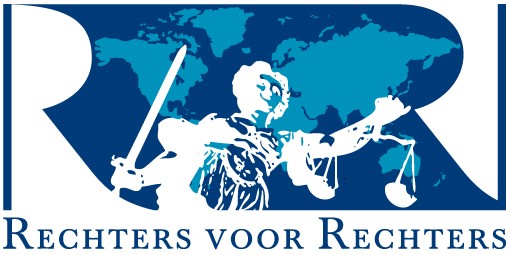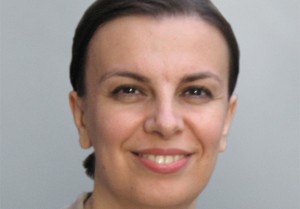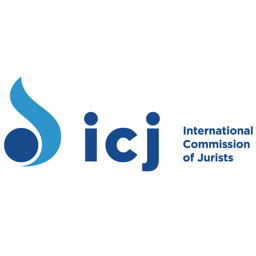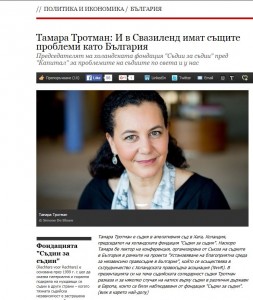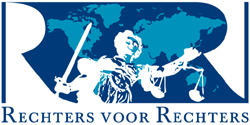 On July 4 2017 five Members of the Parliament (three of them from the ruling party, including the chairman of the Parliamentary Committee of Legal Affairs) filed a legislative draft for amendments of the Judiciary System Act. This draft prescribes a.o.:
On July 4 2017 five Members of the Parliament (three of them from the ruling party, including the chairman of the Parliamentary Committee of Legal Affairs) filed a legislative draft for amendments of the Judiciary System Act. This draft prescribes a.o.:
- an obligation for each judge and prosecutor to declare before the Supreme Judicial Council whether he or she is a member of a magistrates’ organisation;
- an obligation for professional organisations of judges and prosecutors to finance their activities exclusively from their members’ contribution fees or from donations made by their own members;
- a prohibition for judges and prosecutors to receive any fees for participation as lecturers or experts if the activities are financed by “a foreign country or person”.
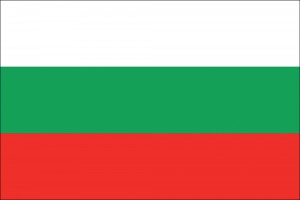 According to the explanatory notes, the aim of the restrictions and prohibitions is to preclude “foreign influences” and dependencies in the judiciary.
According to the explanatory notes, the aim of the restrictions and prohibitions is to preclude “foreign influences” and dependencies in the judiciary.
These amendments evoked strong protests, saying that these amendments will hinder the free association of magistrates in professional organisations and will threaten the functioning of these organisations. For more details, see:
- the declaration of the Bulgarian Judges Association of July 6th;
- the joint statement from Bulgarian non-profit organizations to the members of Parliament of July 19 th;
- the letter of the president of the European Judges Association of July 21 to the President of the National Assembly of Bulgaria;
- the letter of July 25 th of MEDEL (Magistrats Européens pour la Démocratie et les Libertés) to the Parliament.
In reaction to the protests, the Prime Minister announced that the Members of Parliament from his party will propose that financing from the European Union will be allowed to magistrates organizations.
The amendments will be subjected to further debate and “second reading” in Parliament, which – as it appears under (inter)national pressure – will now be scheduled after (instead of before) the summer recess.
Judges for Judges will follow the developments and keep you informed.
